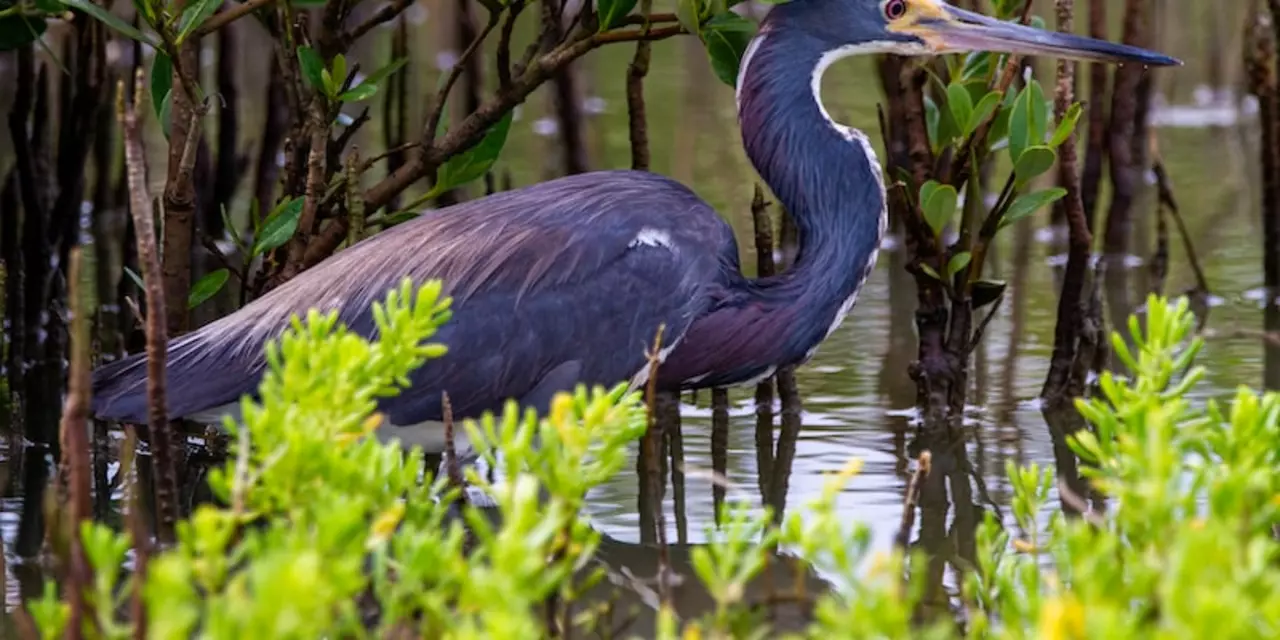What Does "Colonized" Really Mean?
When you hear the word colonized, think of a country or region that was taken over by another power for its resources, land or strategic location. It isn’t just about armies marching in; it’s about culture, language and laws being forced onto local people.
Key Moments in Colonization History
Most of us picture the British Empire in India, the French in Africa or the Spanish in the Americas. Those are classic examples, but colonization happened everywhere – from the Dutch in Indonesia to the Portuguese in Brazil. Each story shows a mix of trade, war, religion and sometimes even cooperation.
These events left behind roads, railways, legal systems and even food habits that we still see today. Understanding the timeline helps you see why certain borders or languages exist the way they do.
How Colonization Still Affects Us
Even after the colonizers left, the impact stays. Economies can stay tied to former rulers, languages remain official, and social hierarchies often linger. For many, this means dealing with inequality rooted in those old power structures.
If you’re curious about how this shows up now, look at education curricula, land ownership disputes or debates over statues. Those are everyday signs of a colonized past shaping current life.
So, why should you care? Knowing the colonized background gives you a better grip on global politics, travel experiences, and even business decisions. It helps you ask the right questions: Who benefited? Who suffered? What can be changed?
Here’s a quick way to start exploring:
- Pick a country you’re interested in.
- Read a short history article or watch a documentary focused on its colonization period.
- Look for local voices – blogs, podcasts or interviews with historians from that country.
- Notice the lingering effects: language use, legal systems, cultural festivals.
Doing this simple step‑by‑step will make the term "colonized" feel less abstract and more like a real, living story.
Ready to dive deeper? Search for terms like "post‑colonial impact" or "colonial legacy" along with the name of the place you chose. You’ll find articles, videos and even courses that break down the complex history into bite‑size pieces.
Remember, the goal isn’t just to learn facts – it’s to understand how those facts shape the world we live in today. That’s the real power of getting to know what colonized means.

Is India a Native American name?
India is not an indigenous American name. The word India was derived from the Latin name for the Indus River, which flows through the country of modern-day Pakistan. This name was given to the country by the British when they colonized it in the 19th century. The native people of India have many different names for their country, such as Bharat, Hindustan and the Sanskrit-based terms Aryavarta and Bharatvarsha.